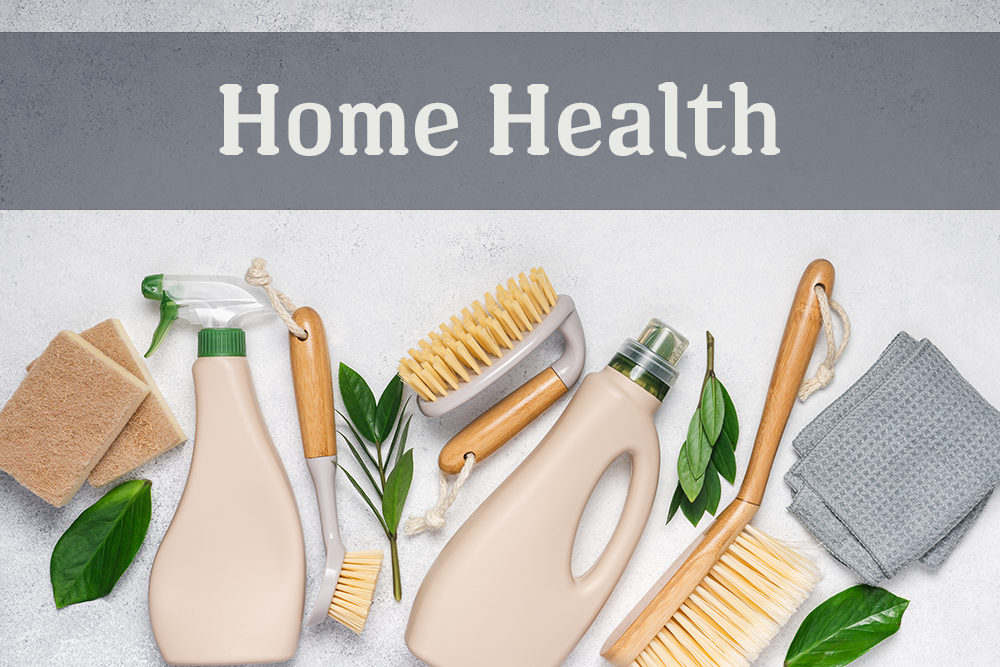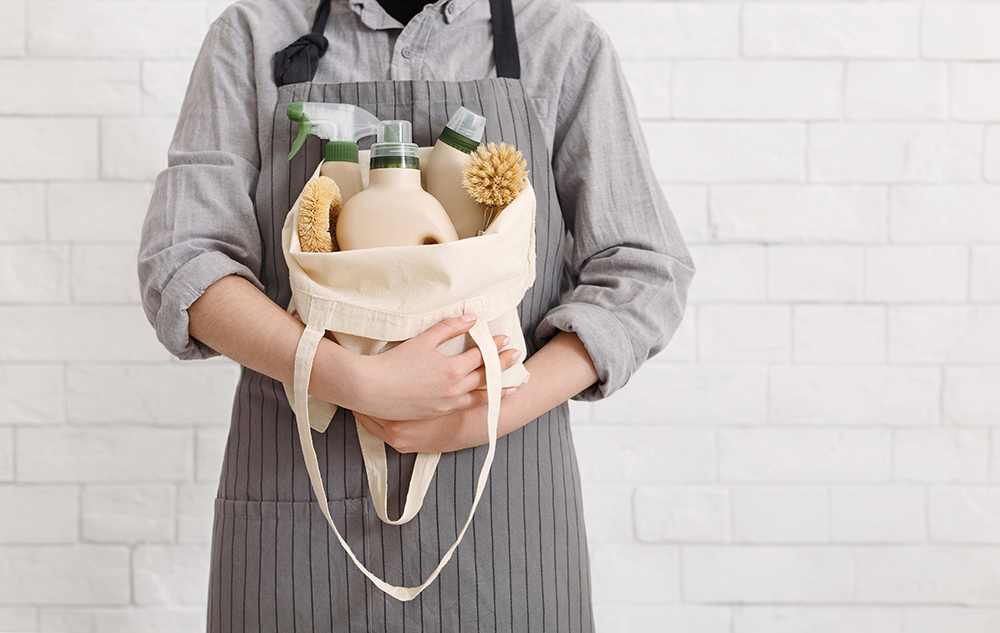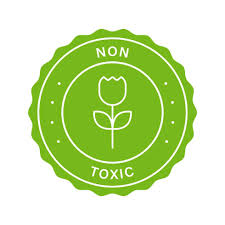Home Health is also important while preparing for a disaster. It goes far beyond storing food and water. Maintaining hygiene and keeping your living space safe become critical during emergencies. In this guide, you’ll discover the essential, safe cleaning and home products to include in your disaster preparedness plan and why they matter.
By including safe cleaning and home products in your disaster preparedness plan, you ensure that your home stays clean and your household stays safe. With these products on hand, you create a healthier and more sustainable environment during any emergency.
>>>>>>><<<<<<<
Disaster Home Health | What You Need to Know
>>>>>>><<<<<<<
1. Non-Toxic Cleaners
When disaster strikes, keeping your environment clean becomes more challenging. However, using chemical-heavy cleaners poses health risks, especially in confined spaces. Instead, choose non-toxic, biodegradable cleaning products that protect your health and the environment.
- All-Purpose Cleaners: Opt for plant-based or enzymatic cleaners that work on multiple surfaces. This eliminates the need for several different products.
- Glass and Window Cleaners: Use vinegar-based or alcohol-based solutions that clean effectively without releasing toxic fumes.
2. Disinfectants
Maintaining sanitation during a disaster becomes crucial as the risk of diseases increases. While conventional disinfectants might seem effective, many contain harsh chemicals. Thankfully, safer alternatives work just as well without the hazards:
- Hydrogen Peroxide: This disinfectant kills germs without leaving behind harmful residue.
- Alcohol Solutions: Use alcohol solutions containing at least 70% alcohol to effectively eliminate bacteria and viruses from hard surfaces.
3. Natural Air Purifiers
During disasters, air quality often worsens due to smoke, mold, or other pollutants. To improve the air in your home and keep it safe to breathe, use natural air purifiers:
- Essential Oils: Diffuse oils like tea tree, eucalyptus, or lavender to purify the air. These oils also offer natural deodorizing and disinfecting properties.
- Activated Charcoal: This natural purifier absorbs toxins, odors, and pollutants, helping you maintain better air quality.
4. Laundry Solutions
Keeping clothes clean in a disaster may seem difficult, but stocking up on non-toxic, concentrated laundry detergents or soap strips simplifies the task. These products save space, clean efficiently, and protect sensitive skin. Additionally, many of these products are eco-friendly.
5. Hand Soaps and Sanitizers
Maintaining personal hygiene becomes essential to prevent the spread of germs. Instead of using chemical-laden hand soaps and sanitizers, choose non-toxic alternatives:
- Castile Soap: This gentle, multi-use soap works for hand washing, body washing, and even household cleaning in an emergency.
- Natural Hand Sanitizers: Opt for plant-based sanitizers that combine alcohol with skin-soothing ingredients like aloe vera and essential oils.
6. Reusable Cleaning Tools
When fresh supplies run low during a disaster, reusable cleaning tools make an enormous difference. These tools reduce waste and provide long-term cleaning solutions:
- Microfiber Cloths: Use these for cleaning surfaces and floors without needing chemicals. Since they are washable, they offer a sustainable option.
- Reusable Mop Heads and Sponges: Stock up on washable cleaning tools that you can sanitize and reuse multiple times.
7. Water Purification Supplies
Clean water remains vital not just for drinking, but also for cleaning and hygiene. In case your water supply becomes compromised, these tools ensure you have access to clean water:
- Water Filters: Use gravity-fed or pump-based filters to remove bacteria, viruses, and chemicals from water.
- Water Purification Tablets: Keep purification tablets on hand for quick access to safe water when clean sources become scarce.
8. Proper Storage
Proper storage ensures your cleaning supplies stay usable during a disaster. Store your products in a cool, dry location, and keep them organized in waterproof containers. That way, you can quickly grab what you need if you have to evacuate.
Why Safe Cleaning Products Matter During a Disaster
Using safe, non-toxic cleaning products during a disaster protects both your health and your environment. Here’s why making the right choice matters:
- Health Protection: Chemical-laden cleaners can irritate your skin, cause respiratory issues, and worsen indoor air quality. Safe products help you avoid these risks, especially in confined spaces.
- Environmental Impact: Disasters often disrupt waste management systems. Choosing biodegradable and eco-friendly products reduces environmental harm when waste disposal becomes limited.
- Sustainability: Opting for multi-purpose products minimizes the amount of supplies you need, conserving storage space and resources during an emergency.




